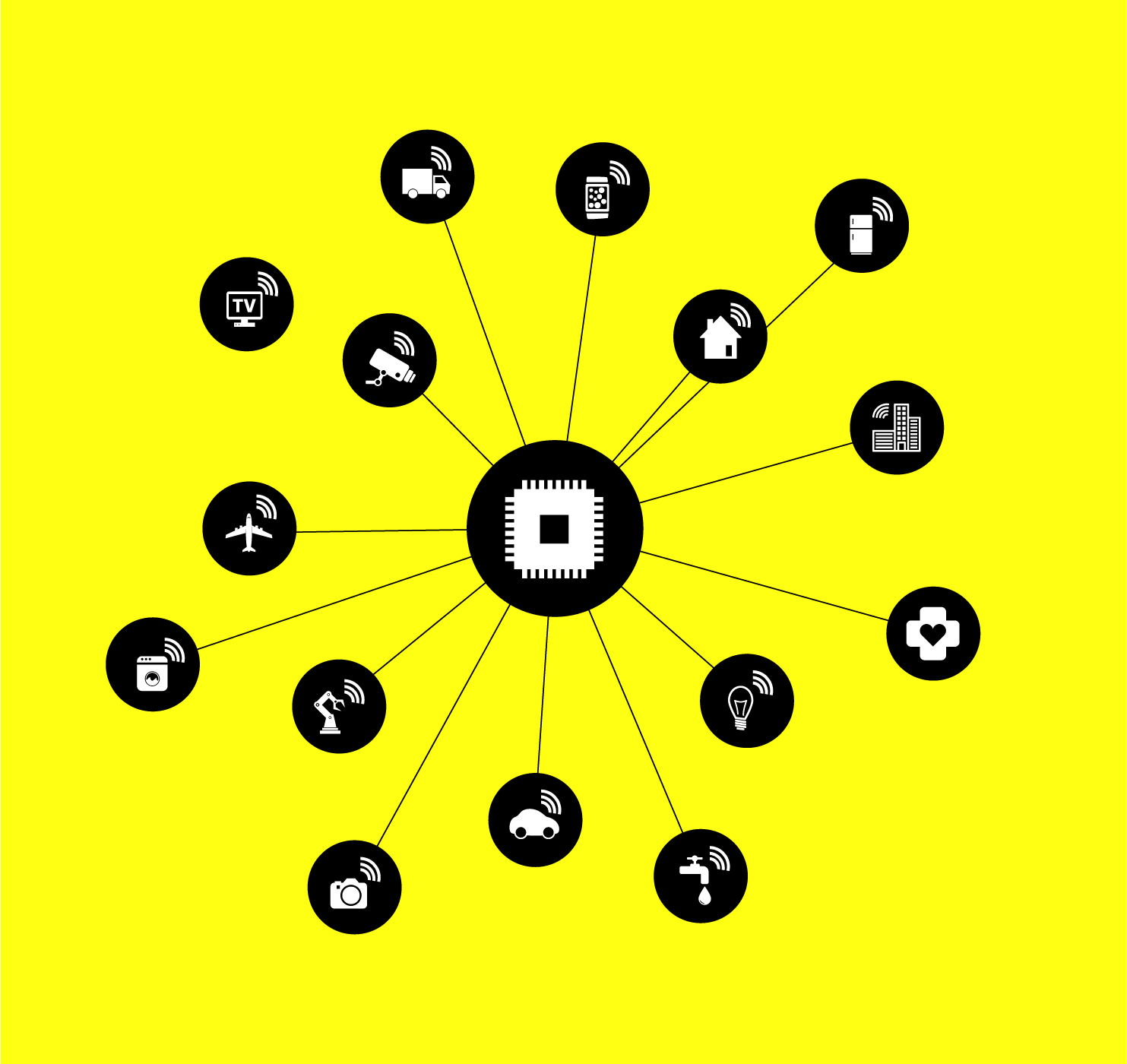We are at the brink of at the tectonic shift in the digital marketing. The bloom in Internet of Things (IoT) is finally year. It will help us analyse, predict, and respond to many customer behaviour in every possible market and way.
But first, let’s know, what is Internet of Things (IoT)?
Internet of Things is connectivity of everyday used devices and gadgets ;ike cars, laptops, appliances, etc. to a computing device via internet. It allows a free flow or exchange of data between themselves, and providing marketers with more context. About their customer’s needs and usage. This makes marketers prepare deliver better relevant messages and generate more leads through more customer engagement.
We all have heard about the smart refrigerators, let’s take them into the consideration. These devices help you make your grocery shopping list. When the IoTi used in full capacity, these refrigerators can further tell you if you are out of stock or the milk is spoilt. Notify you on your laptop or you mobile, and even tell you the best prices where you can get milk again. You can even buy the milk from that store, if the device company is partnered with the grocery store.
As IoT will connect consumers everyday objects with internet, it will provide marketers with opportunity to engage consumers throughout every phase of their customer journey.
The term Big Data will get a new definition when the amount of data IoT produces is glanced upon.
Access to such data is exciting, but can be confusing for the marketers as well. So, check out few predictions of how IoT will influence digital marketing’s evolution and how you can prepare your strategy.
- New digitised smart devices will emerge
As every device will be connected to the Internet, the marketers will try to move beyond laptop, mobiles, and tablets. For instance, car and refrigerators can be used as a touch point. Amazon already has introduce IoT in there Dash button, which allows consumers to order a product with a push of a wifi button.
2. IoT data will revolutionise contextual marketing
IoT devices will generate unbelievable amount of data, every interaction with customer enables marketers to know about consumer’s needs, intent, behaviour, and desires. This allows marketers to makes contextually relevant marketing messages at the most favourable time and place.
Understanding consumer’s behaviour, purchase pattern, and location also provides a level of analytics and predictive capabilities that weren’t available previously. Based on signals from IoT devices, marketers will be able to push notifications when they need to make a purchase rather than waiting for them to show interest. These insights help in accurately attribute every interaction throughout the customer’s journey, and can be ground-breaking move.
- Marketing technology platforms will treat ioT data as gold
Marketing platform and technologies will be able to process and use IoT data similarly how cookies and UIDs are used today. These platforms will also help in further evolving our cross-device technologies. Development of platforms and technologies that can process, analyse, and act on these vast data sets is going to be complex. But, with evolution in digital marketing, machine learning, and AI will produce applications that can process, interpret, and evaluate data sets in no time.
- Marketing Agency’s role will grow
Along with their traditional responsibilities, agencies will have to start playing increasingly technical and data-centric role. They will have to build their client’s platforms, develop internal systems, and also help with the implementations of tagging elements. The agency’s staff will have to brace their skills and evolve as their roles do to. They will have to develop a flexible approach to marketing initiatives, managing campaigns, product development, and pricing.
- Timely delivered personalised marketing messages
The ability to deliver timely, personalized messages at the precise moment to the optimal device will transform digital marketing. For example, using data collected from a fitness wearable and proximity data collected from beacons, digital marketers could deliver fitness product messaging or emails when the user is near a relevant advertiser’s store, like a smoothie joint.
The possibilities for using a combination of these signals to provide highly relevant messaging at the optimal moment are unlimited.
IoT could also provide marketers with the information to improve customer experience and determine when they should send acquisition or retention marketing messages. One example is using offline purchases coupled with proximity data from IoT devices in a brick and mortar store to target recent purchasers with an upsell email or social campaigns asking for product feedback to send to their peers.
- Privacy and Security will be more scrutinized
With great data, comes great responsibility. We can expect more privacy and security regulations and technologies focused on protecting both consumer and enterprise data.
Methods such as network segmentation, device-to-device authentication, and bolstered encryption techniques will likely emerge to prevent IoT devices from being compromised.
The data created by the Internet of Things will unleash considerable digital marketing potential. Predicting exactly how these changes will play out is not exact, but the evolution is already underway.
We think about these factors to come into play, in sometime. And it is better to be prepared when IoT comes calling.

